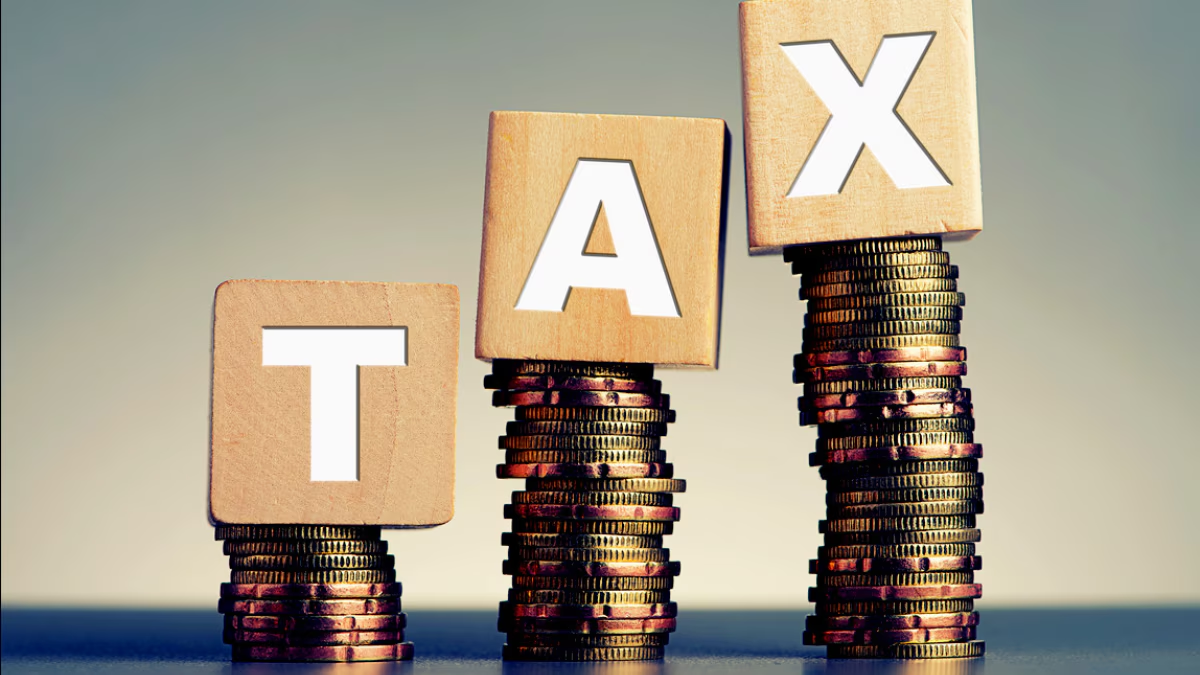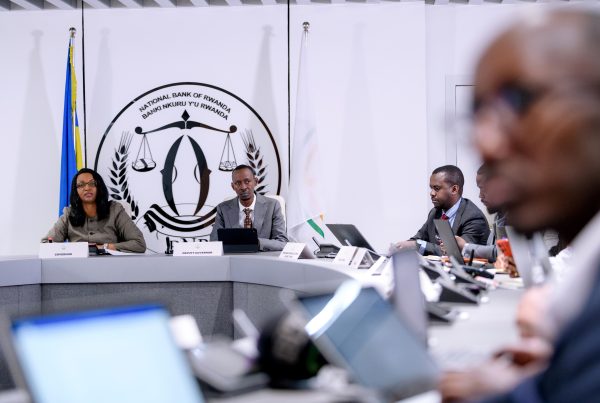Rwanda has announced a comprehensive set of tax policy reforms for the 2024/2025 fiscal year, aimed at broadening the tax base, increasing revenue mobilization, and strengthening economic resilience. The measures, introduced by the Ministry of Finance and Economic Planning, are part of the government’s medium-term strategy to drive self-reliance and sustainable development.
The government is imposing a 15 percent excise duty on cosmetic and beauty products, excluding critical pharmaceutical items. Vehicle registration fees are set to rise, including for electric cars, while fuel levies will shift from a fixed rate to a percentage of the Cost-Insurance-Freight (CIF) value to bolster road maintenance.
In a reversal of prior exemptions, mobile phones and ICT equipment will once again be subject to VAT. The government argues that while previous exemptions increased digital penetration, reintroducing VAT will align with broader fiscal objectives. Select ICT devices will remain exempt under consultation with the Ministry of ICT and Innovation.
A major overhaul is also targeting the gambling sector, with the tax on Gross Gambling Revenue jumping from 13 percent to 40 percent, while withholding tax on winnings will climb from 15 percent to 25 percent. The hospitality industry is also under scrutiny, with a new 3 percent tourism levy on accommodation to support sector investments.
Hybrid vehicles, which currently enjoy a 25 percent import duty exemption, will now face excise duties based on vehicle age, ranging from 5 percent for newer models to 15 percent for those over eight years old. VAT and a 5 percent withholding tax will also apply to hybrid cars, while electric vehicles remain fully exempt. These measures are scheduled for implementation in the 2025/2026 fiscal year.
Excise tax hikes are hitting tobacco and alcohol, with cigarette prices rising by 36 percent and beer excise duties increasing from 60 to 65 percent. Airtime taxes will gradually climb from 10 percent to 15 percent over the medium term. Additional fiscal measures will target financial services, transportation, and environmental concerns, including a levy on single-use plastics and VAT on selected fee-based financial transactions.
The government has pledged to collaborate with taxpayers and conduct awareness programs to ensure a smooth transition. With these reforms, Rwanda aims to reinforce fiscal discipline while maintaining investor confidence and fostering long-term economic growth.





